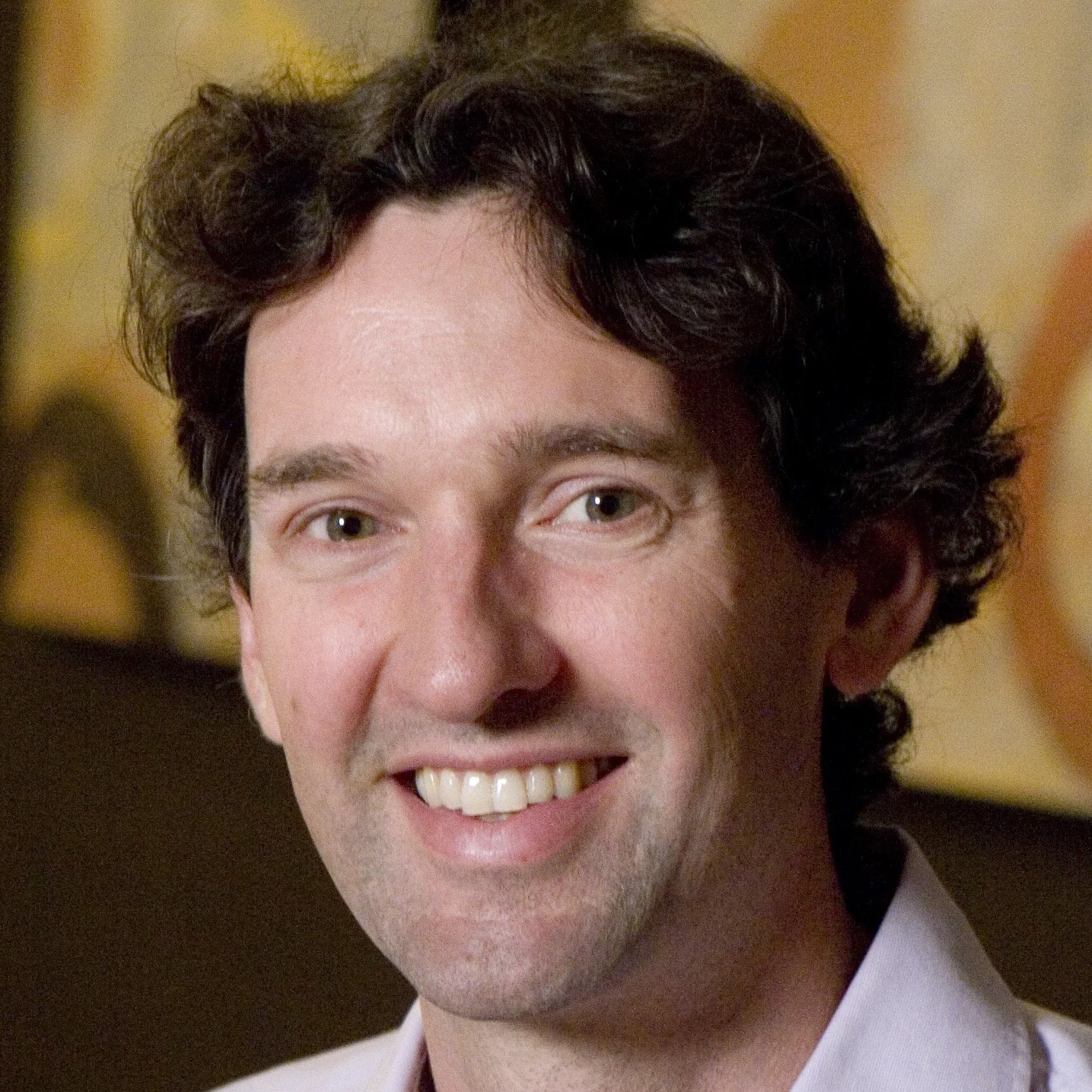Highlights - Jack Horner - Renowned Paleontologist - Technical Advisor, Jurassic Park/World Films
/Renowned Dinosaur Paleontologist
Technical Advisor on all Jurassic Park / Jurassic World Films
I found my first fossil when I was six years old. And I found my first dinosaur bone when I was eight, my first dinosaur skeleton when I was 13. When I was a kid, I knew I wanted to be a paleontologist, and I didn't think there was much hope for it, though. I was doing very poorly in school. I think I was always a pretty positive kid. And so even though I wasn't doing well in school, I was really happy about the fact that I was finding all these cool fossils, and I was making collections. I don't know when it came to me that I would do this, but I think I just was born this way.



















